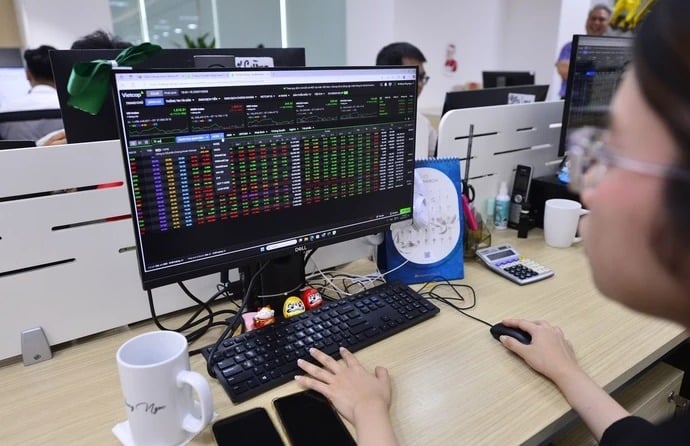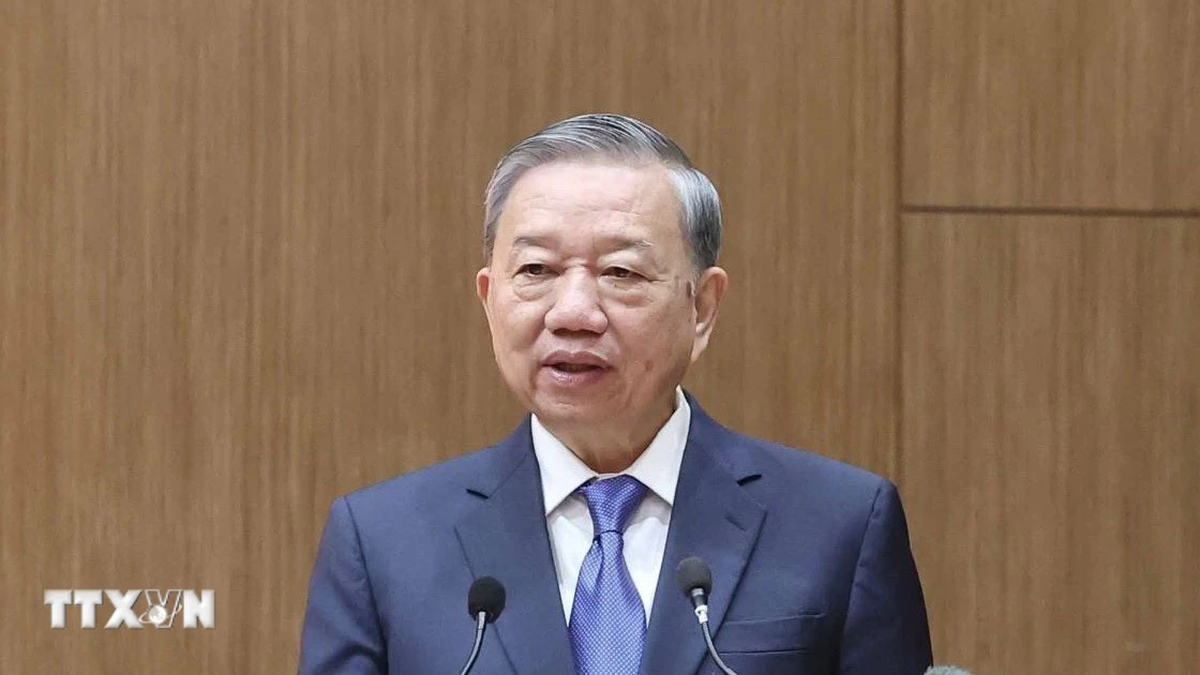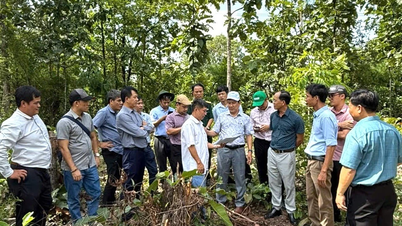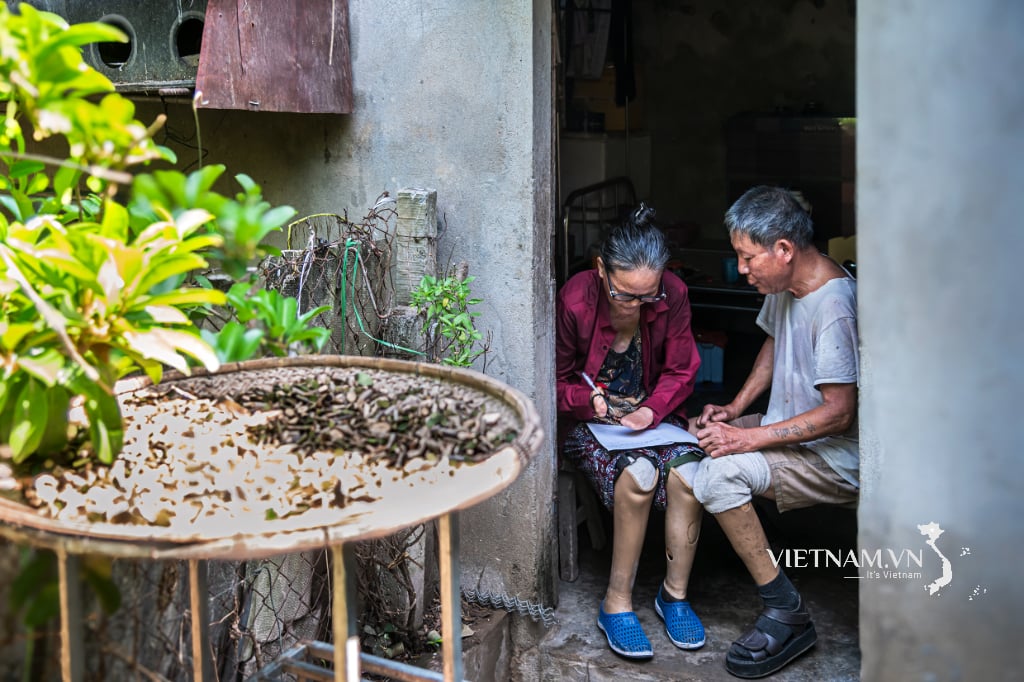
The proposal to immediately tax bonus shares and stock dividends, according to experts, needs to be reconsidered by the drafting agency.
Cannot collect taxes with the mindset of "quick strike, quick win"
Exchange Tuoi Tre Online , Mr. Nguyen An Huy, senior financial advisor at FIDT, said that while the Government is still trying to attract private capital inflows, In the stock market , a market where the participation rate of people is still low compared to the real estate channel, taxing immediately upon receiving bonus shares can create a sense of apprehension.
Therefore, the proposal to immediately collect tax on bonus shares and stock dividends, according to Mr. Huy, needs to be reconsidered by the drafting agency.
In addition, although Vietnam's current securities tax policy approaches international practice, when comparing internally between domestic assets, especially compared to real estate, the inadequacy becomes apparent.
A typical example of this difference mentioned by Mr. Huy is inheritance tax. Under current regulations, real estate assets inherited between immediate family members are completely exempt from personal income tax, while inherited stocks are subject to a 10% tax rate.
"While both are assets accumulated from parents, they are essentially private assets passed down to the next generation," Mr. Huy wondered.
FIDT experts emphasized that if the goal is to build a strong capital market where people can invest sustainably instead of just pouring money into land, then tax policies also need to be fair in nature, consistent in principle, and aimed at fostering trust, not just optimizing immediate budget revenue.
Tax policy does not need incentives, fairness is enough
As capital flows become increasingly flexible and tend to seek markets with more favorable investment environments, an uncompetitive tax policy risks reducing the attractiveness of the Vietnamese market to investors, both domestic and foreign.
In Singapore, a leading financial hub in the region, is famous for not imposing capital gains tax on stock transactions, regardless of the size of the investment.
If an individual or organization buys stock and sells it at a profit, that profit is generally not subject to capital gains tax.
At the same time, the island nation has also completely abolished inheritance tax since 2008, contributing to making the stock market a more attractive channel for accumulating and passing on assets.
Notably, while giving priority to investors developing assets through the financial and stock market, Singapore also imposes high taxes on profits from short-term real estate speculation.
For Vietnam, financial expert Nguyen An Huy believes that there is currently no need for a mechanism that is too preferential for the stock market, just that it is relatively fair when compared to real estate, which is reasonable.
For example, with the reform of income tax from securities transfer in the draft Law on Personal Income Tax (replacement), Mr. Huy proposed allowing investors to choose between calculating 0.1% on the sale value or 20% on the net profit, as before.
This mechanism is suitable for the development level of the Vietnamese market. Analyzing the reasons, Mr. Huy said that the tax factor is only part of the ecosystem that needs to be reformed.
"The core issue is the market structure. We need more goods and more large listed companies. If too much money flows into a market with limited goods, it is easy to create a speculative bubble. Developing the stock market needs to follow a thorough roadmap, we cannot rush things," said Mr. Huy.
Source: https://baoquangninh.vn/thue-chung-khoan-can-can-nhac-de-khong-lam-nan-long-nha-dau-tu-3369943.html























































![[Maritime News] Two Evergreen ships in a row: More than 50 containers fell into the sea](https://vphoto.vietnam.vn/thumb/402x226/vietnam/resource/IMAGE/2025/8/4/7c4aab5ced9d4b0e893092ffc2be8327)












































Comment (0)